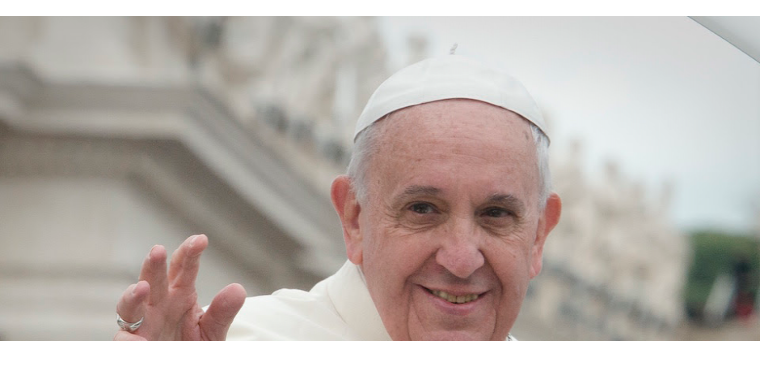What Francis Said--And Didn't Say--To Congress
R.R. RENO
FIRST THINGS
http://www.firstthings.com/
Sept. 24, 2015
It was a modest speech, one generous to the American experience but lacking in the sharpness this pontiff is sometimes capable of.
The repeated use of the term "dialogue" was irritating. It's a buzzword among today's technocrats. They use it as a softening word, one that signals that they're are not coming to dominate us, but instead to "listen" and play the role of "honest brokers."
In the body of the speech, he made two general appeals:
Toward the beginning he appealed to a spirit of welcome to immigrants, which I think resonates with most Americans. But he did not say anything specific about current political debates, either here or in Europe. Those debates have to do with the practical, political limits that even the most welcoming society must sometimes put on immigration. Pope Francis's recent comments about the migrant crisis in Europe indicates that he's aware of these limits and respects the need for political leaders to grapple with them.
At the end of the speech, Francis appealed to a spirit of solicitude for the well being of the family. But, again, he steered clear of specifics, making no mention of no-fault divorce or same-sex marriage.
In three areas he was more specific: He called for the abolition of the death penalty. This has been a priority for the Church going back to John Paul II.
He denounced the international arms trade, another standard Vatican trope. He prefaced this with a vague endorsement of negotiation for peace, which could be read as an endorsement of Obama's approach to Iran. No surprise there. In general, the Vatican is pro-negotiation and anti-conflict.
He called for appropriate measures to combat global warming. Again, no surprise there, given his recent encyclical. However, it's notable that he quoted the more moderate, measured sections from Laudato Si.
Overall:
Francis gave no support to Catholics who have fought abortion, the redefinition of marriage, doctor-assisted suicide, and other cultural issues. He also made no mention of threats to religious liberty.
He may have omitted some of these topics because he wants to steer clear of appearing to intervene directly in our political debates. Congress presently has before it specific legislation to defund Planned Parenthood and expand religious liberty (an issue tied to conflict over same-sex marriage). This is a good reason to take care. Nevertheless, complete silence on these issues demoralizes those who are on the front lines of these battles.
The only specific issues Francis mentioned before Congress are associated with progressive politics: abolition of the death penalty, global warming, and arms control. This reinforces the trends of this papacy, at least in relation to the United States. Francis discourages conservative Catholics, more by silence than anything else. He encourages progressives, both by his silences and his affirmations.
Ending with "God bless America" was a nice touch. It was an evocation of our shameless Americanism, generously done without taking us to task for it.
Next stop New York and the United Nations. That's a very different audience. It will be interesting to hear what he says.














